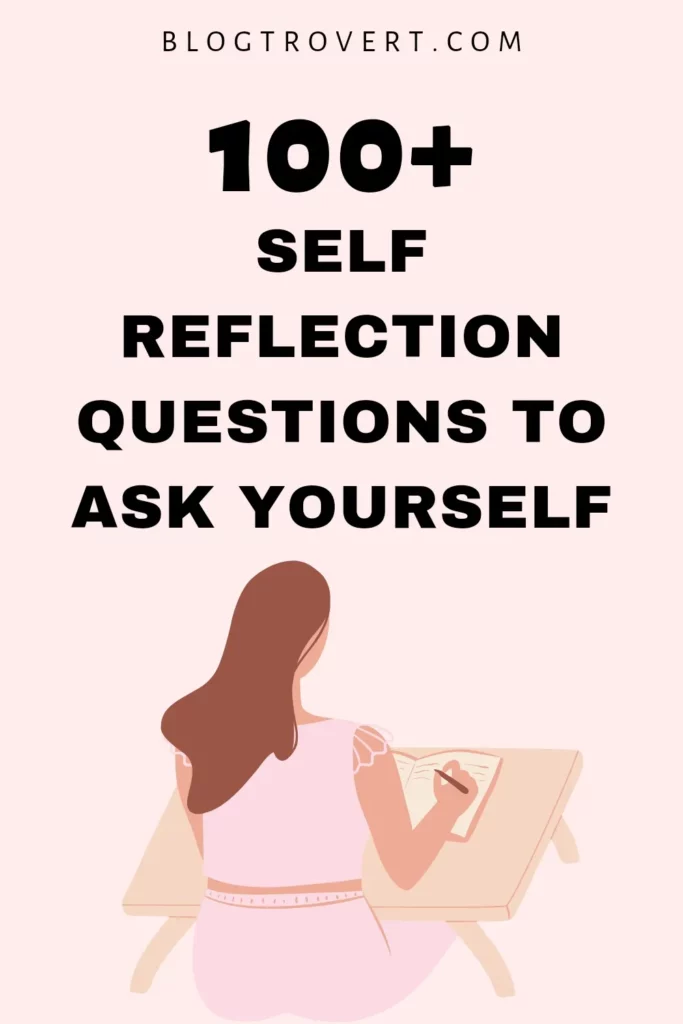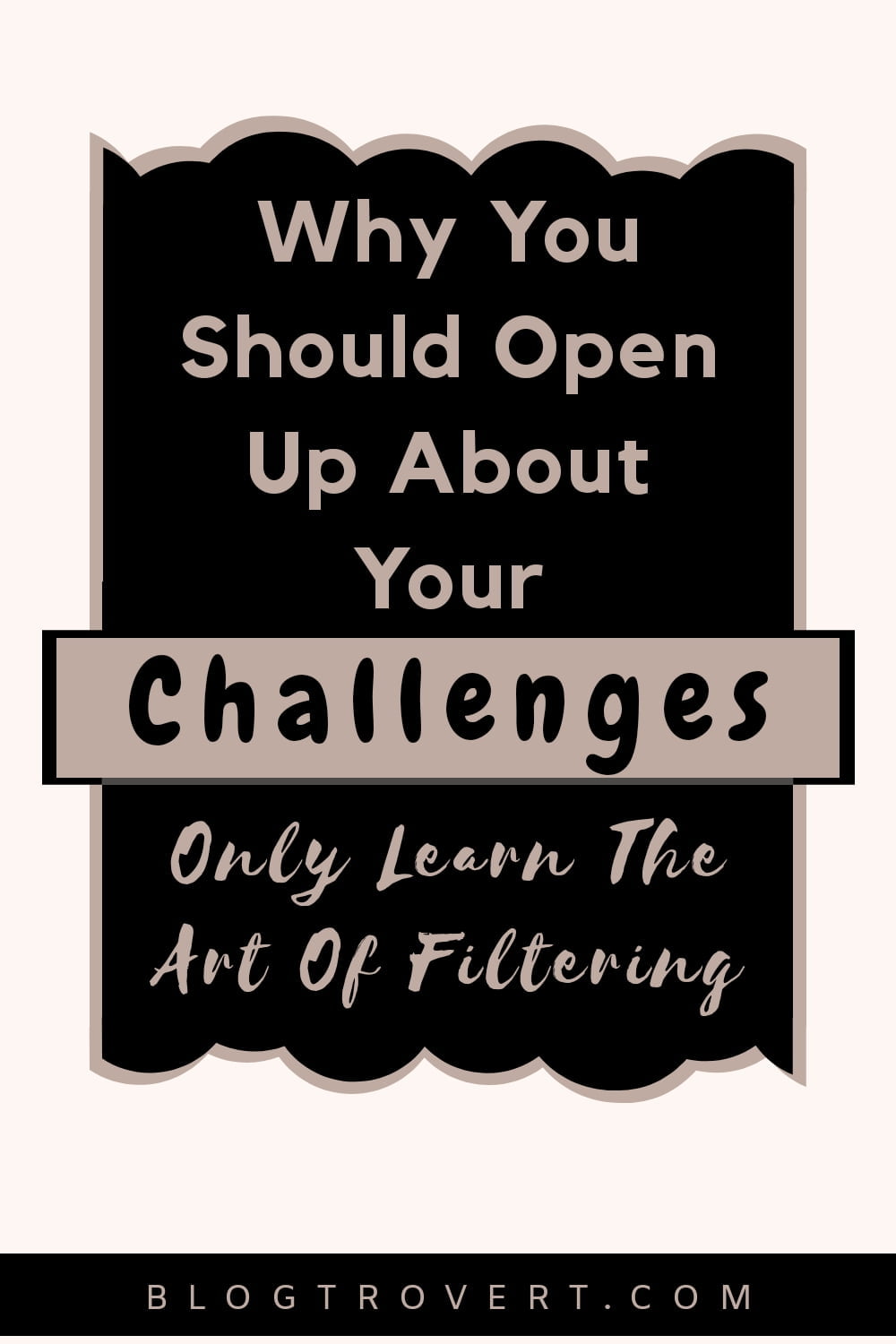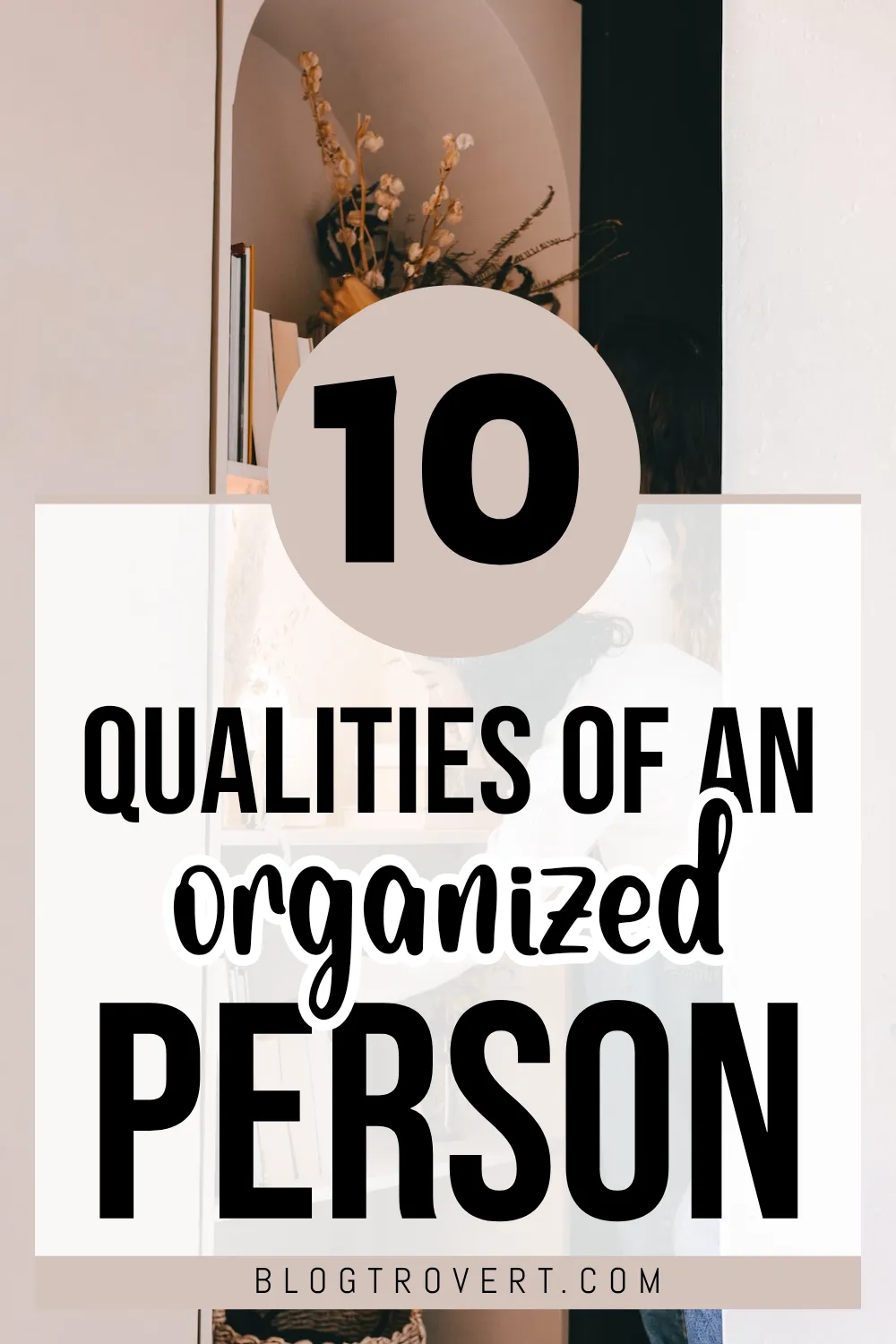Self-reflection is an essential practice for anyone who wants to make progress on their journey to success.
Asking yourself the right questions can help you gain insight into your career and gain a greater understanding of your goals, strengths, and weaknesses.

In this blog post, we will cover some important self-reflection questions to ask yourself. So, if you want to work on becoming a better version of yourself, make sure to check them out!
100+ deep self-reflection questions to ask yourself
Deep questions about life
This section of powerful self-reflection questions for personal growth covers life in general. Here, you’ll find questions that dig deeper into your life and help you reflect on tough topics where you may not have had the chance to ask yourself before.
Asking yourself these questions can help you get to know yourself on a deeper level, identify areas that need improvement, and help you make better decisions in the future.
What do I want to accomplish in my lifetime?
When dreaming about the future, the possibilities for what you can achieve in your lifetime are endless. Asking yourself thought-provoking questions can help you identify short and long-term goals, explore new areas of life you may have previously overlooked, and give defined purpose to the everyday moments.
Here are some ideas of important things you way wish to accomplish in your lifetime:
- Develop a strong sense of self-confidence.
- Create meaningful relationships with family, friends and community.
- Learn more about yourself and what makes you happy.
- Secure financial independence through a career that brings personal fulfillment.
- Take time for travel, hobbies and relaxation.
- Explore spiritual practices that bring peace.
- Develop skills or become an expert in something meaningful to you.
- Grow your positive influence in the world.
What is the most important lesson I have learned in life?
This is a reflective question that encourages you to think back on your life and identify the most impactful lessons you’ve learned. These lessons may relate to relationships, work, hobbies, or any other area of your life.
Think about the lessons you’ve learned in the past that have shaped your present and the decisions you make today. What are the most important things you’ve taken away from your experiences?
What are my greatest strengths and weaknesses?
Identifying your strengths and weaknesses is an important step in personal growth and development. Knowing what you are good at and where you need to improve can help you set goals and make positive changes in your life.
When evaluating your strengths and weaknesses, it is important to be honest and realistic. Think about your skills and abilities, knowledge and experience, and personality traits that make you unique.
Some of my strengths are:
- Creativity – I can come up with innovative solutions to problems.
- Organizational skills – I am able to plan and manage tasks effectively.
- Communication – I have strong verbal and written communication skills.
- Leadership – I can take the lead and motivate others.
- Adaptability – I can adjust to changing situations and environments.
Some of my weaknesses are:
- Impulsiveness – I often act before thinking.
- Procrastination – I tend to put off tasks until the last minute.
- Perfectionism – I have difficulty accepting anything less than perfect.
- Stress – I can become overwhelmed easily.
- Indecisiveness – I have difficulty deciding.
Recognizing your own strengths and weaknesses is essential for your personal growth. Consider answering this question as it helps you understand what you need to learn or let go.
When answering this question, be honest and introspective.
What do I want to be remembered for?
This is a question that will probably invoke a lot of emotion, but it is important to take time to reflect and consider what you would like to be remembered for when you are gone.
Think about the legacy you would like to leave behind, the things you would like to be remembered for, and how you can ensure that you pass these values and memories down to future generations. This could be anything from a certain profession you held, or a specific cause or charity you championed.
What impact have I made in the world?
This is an important question to ask yourself, as it can help you reflect on how your actions have affected the world in both small and large ways.
Think about the people you have helped, the causes you have supported, the lives you have changed, the communities you have served and the movements you have started.
Consider the positive and negative impacts you have had and if there is anything you could do differently in the future.
More deep questions about life:
- What are my biggest accomplishments to date?
- What are my goals and what do I need to do to achieve them?
- What do I need to change in my life to be happier?
- What are my values and how do I live by them?
- How can I be a better person?
- What are my priorities?
- What makes me happy?
- What are my strengths and weaknesses in relation to my goals and priorities?
- How can I improve my communication and relationship skills?
- How do I deal with stress and adversity?
- What are the things that make me feel guilty or ashamed about myself?
- How can I become more comfortable with who I am, flaws and all?
- How can I be more forgiving of myself and others?
- What can I do to live a life that is meaningful and contributes to the greater good?
self-reflection questions about your habits
How you spend your time is a great indicator of who you are and where your priorities lie. By asking yourself questions about your habits, you can get a better understanding of what kind of person you are and what changes you need to make to improve yourself.
Let’s look at some helpful self-reflection questions to ask yourself about your habits:
What habits do I need to break to improve my life?
Bad habits can be difficult to break and often, our own self-destructive behavior can cause us to feel trapped, helpless and unmotivated. Habits originally exist for a reason: to improve our lives.
When the behavior no longer serves us, it’s time to reevaluate them and decide what needs to change in order to allow us to move forward in life.
Self-reflection can be a powerful tool in identifying which habits you need to break and transform into positive behaviors that will benefit your life long term.
Self-reflection questions to ask yourself about your current habits:
- Do I spend too much time on one particular activity or object?
- Do I procrastinate tasks or rely too heavily on instant gratification?
- Do I make excuses instead of taking responsibility for my actions?
- Am I trying too hard to please everyone else rather than focusing on myself?
- Am I leaning toward unhealthy relationships or crutches that create more stress or anxiety in my life?
- Are there any bad coping mechanisms that shift my moods quickly but aren’t helpful for long periods of time?
Answering these questions honestly and objectively can help you identify the negative habits you need to break so that you can enjoy a more meaningful life full of healthful activities.
Understanding how each habit affects your life is an important part of learning how best to replace them with healthier alternatives.
What habits do I need to form to reach my goals?
Forming healthy habits is an essential part of reaching any goal. It’s difficult to stay motivated and disciplined when trying to form a new habit, so it’s important to take time to reflect on what habits you need to form in order to reach your goals.
Self-reflection questions to ask yourself about the habits you need to form:
- What are my long-term goals and how can I break them down into achievable daily tasks?
- What do I need to do to stay on track and stay motivated?
- How can I create a system of rewards and incentives to reinforce positive habits?
- What kind of external accountability do I need to stay on track?
- What kind of support and resources do I need to stay focused?
- How can I create an environment that encourages positive habits?
By asking yourself these questions, you can get a better understanding of the habits you need to build in order to reach your goals.
Once you have identified the habits you need to form, you can create a detailed plan and find ways to stay motivated and accountable as you work towards your goals.
What activities bring me the most joy?
Reflecting on the activities or habits that bring you the most joy and satisfaction can help to ensure you are living life to the fullest.
Deep self-reflection questions to ask yourself about the things that bring you joy:
- What activities give me energy rather than drain it?
- What do I truly enjoy doing?
- What brings me joy?
- Am I engaging in meaningful pursuits that really feed my soul?
- Do I make enough time for hobbies, leisure pursuits and fun?
- When was the last time I laughed so hard my cheeks hurt?
- What makes my heart feel full when I think about it?
- Which activities remind me to slow down and appreciate every moment?
- Which of my activities am I most proud of accomplishing?
- What experiences bring me back into alignment with who I am and what’s important to me after a challenging day or week at work or at home?
Self-reflection questions about your values
Self-reflection is an important part of self-improvement and personal growth. By engaging in thoughtful introspection and exploring our values, we can gain a better understanding of ourselves and develop greater self-awareness.
One way to do this is by asking ourselves questions about our values. Let’s explore some of them:
What are my core values?
Understanding your core values is an important part of self-reflection. Core values are not just words – they represent the guiding principles that shape the decisions we make, our behaviors, and the life we want to lead.
Self-reflection questions to ask yourself when examining your core values:
- Am I living in alignment with my core values?
- Are there any areas where my current behavior doesn’t align with my core values?
- Are these core values really important to me and what I stand for?
- How can I better apply these values to my life or career?
It may be helpful to look at specific areas in your life to make sure your core values line up with your habits, relationships, or daily routines.
You can also reflect on these deep questions about life and values:
- How do my relationships reflect my core values?
- What habits need to change in order to align better with what I believe?
- What impact am I making (or want to make) based on my core values?
Core values can act as a reference point for decisions you need to make. To acknowledge what you stand for and how it influences virtually everything you do both professionally and personally, ask yourself questions like:
- What am I willing (and not willing) to give up in order to live according to my beliefs?
- When am I compromising on something because of an external pressure that doesn’t match up with my deeper beliefs?
Reflecting on these questions will help you gain greater clarity about who you are and what matters most. This insight can help guide personal development goals and future life decisions regarding career choice or direction.
How does my values shape my decisions?
Having a clear understanding of your values and how they shape your decisions can help you be more mindful of the choices you make daily. Your core values influence virtually every decision you make.
Self-reflection questions to ask yourself to gain clarity on how your values shape your choices:
- What values do I live by?
- What are my guiding principles for making decisions?
- How do I determine if something is a good or bad choice?
- Are there any risks I need to take in order to live my values?
- How do my values influence my decision-making process?
- Are there any elements within my value system that are not serving me?
- Do any of my current decisions break away from my set of rules and integrity?
- Do I know how to prioritize which value is more important than another when making a decision?
- Do I allow myself to be influenced by external pressures or expectations that don’t align with my values?
- Do I take the time to consider my values before making a decision?
These questions can help you gain a better understanding of how your values affect your decisions and help you make choices that are in line with whom you are and what matters most.
How do I change my life and live in alignment with my values?
Living a life that is in alignment with your values can bring you greater joy, peace, and fulfillment.
To get started, take a few moments to reflect on how your current lifestyle matches up with your core values.
You can think about the decisions you make, the relationships you have, the way you spend your time, or the activities you engage in.
You may find that some of your decisions are not in line with your values and therefore do not bring you a sense of peace or contentment.
This is a great opportunity to make changes and adjust your lifestyle accordingly.
Self-reflection questions to ask yourself about living in alignment with your values:
- What do I need to change in my life to live more in alignment with my values?
- Are there any activities that I’ve been engaging in that no longer bring me joy or fulfill my values?
- Are there any habits that are not in line with my core values?
- What need to do differently so I can live a life that is more congruent with my values?
By reflecting on these questions, you can make more mindful decisions that help bring you closer to living a life that feels true to your values and brings you greater peace and satisfaction.
Deep self-reflection questions about your career
What have been my biggest career successes?
Reflecting on your professional successes will help you gain insight into what career paths are the best fit for you and your personality.
When reflecting on your career successes, look at larger projects and accomplishments, day-to-day work tasks, presentations and achievements, instances of leadership and collaboration, or wins for the company that you were a part of.
Though it’s difficult to get past our immediate tendency to focus on our mistakes or areas of improvement, asking yourself questions about success helps keep a positive perspective while examining what has worked well in the past.
Reflecting on your past successes also gives you an opportunity to celebrate individuals who have helped you reach those wins.
When thinking about your biggest career successes, consider the following questions:
- What major projects have I completed that had significant positive impacts?
- What individual tasks or special projects have pushed me forward professionally?
- What goals have I hit or exceeded?
- What creative solutions have I come up with?
- In what ways have I shown leadership in a group setting?
- When was a time when my collaboration with others made me feel satisfied professionally?
What have been my biggest career failures?
Asking yourself questions about your career successes and failures can be helpful in determining where you have come from, what you have learned, and how you can keep moving forward.
Reflecting on your career mistakes allows you to be aware of the times that have caused you pain or disappointment, uncover any blind spots or short-comings and draw upon the lessons that so often accompany failure.
Examples of self-reflection questions to ask yourself about failure in career:
- What do I think were my biggest career failures?
- What could I have done differently?
- What challenges did I not overcome and what made me fail?
- When was the last time I thought I might fail but didn’t?
- Where do I think failure has been most beneficial for me along my career journey?
- How do these failures make me feel now, in retrospect?
- Are there any particular skills or gaps knowing that have caused failure in the past?
What would I like to achieve in my career in the next 5 years?
Now is the perfect time to reflect on where you’d like to be professionally in five years and set some ambitious, yet achievable goals.
Self-reflection questions to ask yourself about life and goals:
- What additional skills or qualifications do I need in order to reach my career goals?
- What positions can I realistically aim to achieve over the next 5 years?
- Which positions could offer me an increase in salary, responsibility and career satisfaction?
- What would I like to accomplish within my current role in five years’ time?
- What industries would I consider working with over the next 5 years if it aligns with my ambitions?
- How can I use any current relationships with colleagues, family and friends to help advance my career over the next five years?
- Do I need any additional resources such as training courses, mentors or classes in order to achieve my goals faster?
- Which companies or job opportunities could be beneficial for me to provide further experience, knowledge and professional development within the next 5 years?
Some more powerful self-reflection questions to ask yourself about your career:
- What are my values and how do they align with my career?
- What are my short-term and long-term goals for my career?
- What can I do to move closer to my career goals?
- What drives me to succeed in my career?
- What are my current strengths and weaknesses in my career?
- What is my unique value proposition to employers?
- What obstacles do I need to overcome to reach my career goals?
- How can I improve my communication and networking skills to help me reach my career goals?
- What steps can I take to stay up-to-date with industry trends and new technologies?
- What would be the ideal job for me and how can I make it happen?
- What can I do to stay motivated and inspired in my career?
- How can I create a balanced life that allows me to have time for my career and other pursuits?
Self-reflection questions to ask yourself about relationships
Reflecting on relationships can be a powerful tool for personal growth and understanding. It is an opportunity to explore the different ways we interact with people in our lives, as well as how our behaviors impact those around us.
In this section, we will go over some powerful self-reflection questions for personal growth that can help you better understand your relationships:
What meaningful relationships have I developed?
Take some time to reflect on the relationships that you have built throughout your life. Think about the people who have been most meaningful to you and consider how you have grown and been impacted by these relationships.
Reflect on what you have learned from these individuals, how you have changed and grown, and how you can continue to nurture these relationships in the future.
What relationships bring me the most stress?
When reflecting on the relationships that bring us the most stress, it is important to consider our family ties, friendships, colleagues, or any other partner or group we interact with. Take a moment to reflect on all the people in your life and which relationships bring you a sense of angst or discomfort.
Analyze why these relationships are so stressful.
Do certain every day tasks strain on the relationship?
Are there overarching personality clashes? Or have other external factors caused an imbalance between you and your peers (situational)?
By honestly assessing what about the relationship is causing stress, we can take steps to ease this feeling of distress. These steps might include:
- Finding alternate approaches to handling situations that lead to disagreements.
- Actively attempting to communicate better with one another.
- Setting boundaries for respect and communication.
- Seeking professional help from counselors/mediators if necessary.
- Taking a break from the situation entirely when you need to relieve yourself.
No matter what you decide for yourself, it’s essential to be mindful of how your stress levels affect both yourself and how others perceive you daily.
Understanding which relationships are causing yourself stress will empower you to take actionable steps towards bettering your overall situation.
How can I be a better friend, partner, or family member?
Building healthy relationships with family, friends, and romantic partners is an important part of positive mental health.
Here are some tips for forming strong, supportive bonds with those close to you:
- Listen to one another—avoid cutting each other off or pre-judging statements.
- Make sure your conversations and interactions focus on communication, understanding, compassion, and conflict resolution rather than criticism and nagging.
- Be a reliable source of support for the people in your life. Go beyond simply offering kind words; learn how to show you care through dedicated attention and presence.
- Put the effort into providing meaningful feedback when asked instead of simply providing praise or agreement.
- Build strong relationship ties through shared experiences; this could include activities like going on walks together or scheduling regular video chats.
- Take a relaxed approach when working out conflicts together — if emotions might lead you (or the other person) astray, it’s best to suggest a break and continue the conversation at another time/location.
- Remind yourself that relationships take effort — be patient and never give up, even when times get tough. Remember that everyone can improve their communication skills over time!
More self-reflection questions about your relationships
- What do I need to work on in my relationships?
- What have I learned about myself through my relationships?
- How do my relationships affect my overall well-being?
- What have I done to strengthen my relationships?
- What can I do to improve my communication with those closest to me?
- What do I want out of my relationships?
- How do I show love and appreciation to those in my life?
- How can I build healthier relationships?
- Do I feel safe enough in this relationship to be my true self?
- Does this relationship make me a better person?
- Do I have the capacity and energy for this type of relationship?
- What have I learned from this relationship?
- Is this an equal partnership or do I give too much?
- What would make this relationship even stronger?
- In what ways am I invested in the health of this relationship?
- How do I love my friends or partners differently than other people in my life?
- Is there anything that I can do to improve trust and communication between us?
Conclusion
Asking ourselves questions about our relationships, careers, and personal lives can help us better understand our motivations, values, and goals.
The questions above can give you an insight into your strengths and weaknesses, allowing you to identify areas where you may need to focus your efforts.
Through self-reflection, we can gain clarity, become more self-aware, and empower ourselves to change our lives.
Please remember to be kind to yourself, and always try to take things one step at a time! Thanks for reading!




